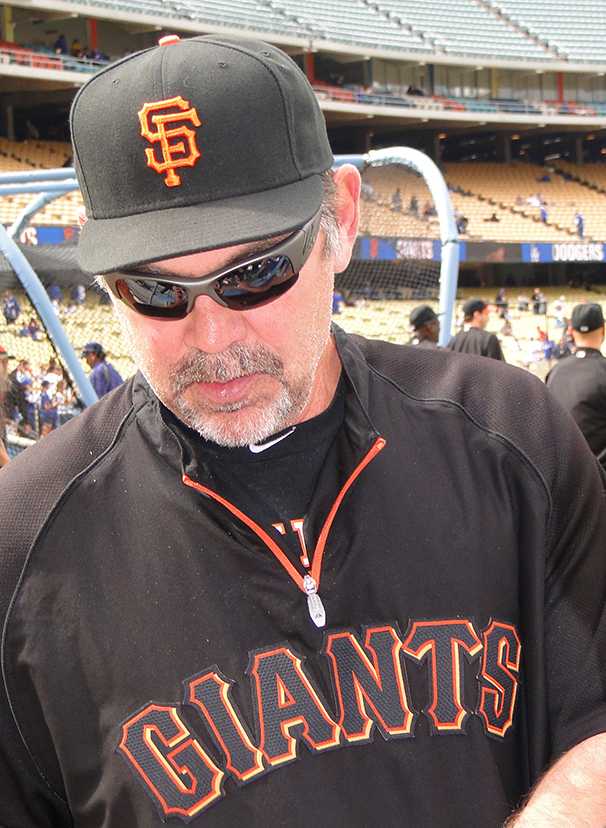
For baseball, a sport resplendent with tradition, history and nostalgia, 2014 marks the first season with the expanded replay system. While replay itself is not new to the sport — it was implemented during the tail end of the 2008 season — it previously could only be used to review homeruns at the discretion of the umpires to determine whether the call was fair or foul, the ball had actually left the playing field or if the ball was subject to any spectator interference.
The expanded replay system, officially announced on Jan. 16, allows a manager one challenge to use for the first six innings. If a manager challenges a play and wins, the call is reversed and he retains his right to challenge another play. If he loses the challenge, the call is upheld and the manager loses his right to challenge for the rest of the game. From the seventh inning on, umpires can initiate a review based on their own judgment or at the urging of a manager. For a call to be overturned, there must be conclusive evidence present.
The first challenge happened on March 31, when the Chicago Cubs challenged first-base umpire Bob Davidson’s out call on pitcher Jeff Samardzija, who appeared to have bunted into a double play. In typical Cubs fashion, they lost the challenge after the official review center in New York confirmed Davidson’s call, and the initial call was upheld.
As with any new system, there are flaws. Unfortunately, many of these flaws presented themselves when the San Francisco Giants played the Arizona Diamondbacks on April 2. On a close play at first, A.J. Pollock appeared to have been picked off first base by pitcher Matt Cain but was called safe. Giants manager Bruce Bochy challenged the play, but it was ruled inconclusive and Pollock stayed at first base.
Minutes later Pollock scored from third on a passed ball, even though replays clearly showed that Cain had tagged him out at the plate. Bochy had already used his allotted challenge, and because he lost, he was unable to challenge the play at the plate. Since it was before the seventh inning, the umpires were unable to initiate a review even if they disagreed with the call.
The Giants ended up losing 5-4, so it could be argued that the blown call that could not be challenged by the manager or the umpires constituted the game’s margin of victory. Another primary concern associated with expanded replay is the delay of game. Coaches are worried about players, especially pitchers, staying loose and warmed up while waiting for the results of a challenge.
Some say that if Major League Baseball is serious about reversing erroneous calls, it should go straight to the source and rid the sport of poor umpiring. Umpires should be the ones responsible for making the right call, not managers. Others are worried that with replay, the tradition of managers arguing with umpires and its uniqueness to baseball will diminish, or that the human element of the game will disappear.
A version of this article appeared in the Tuesday, April 8 print edition. Brittany Yu is a contributing writer. Email her at [email protected]














































































































































